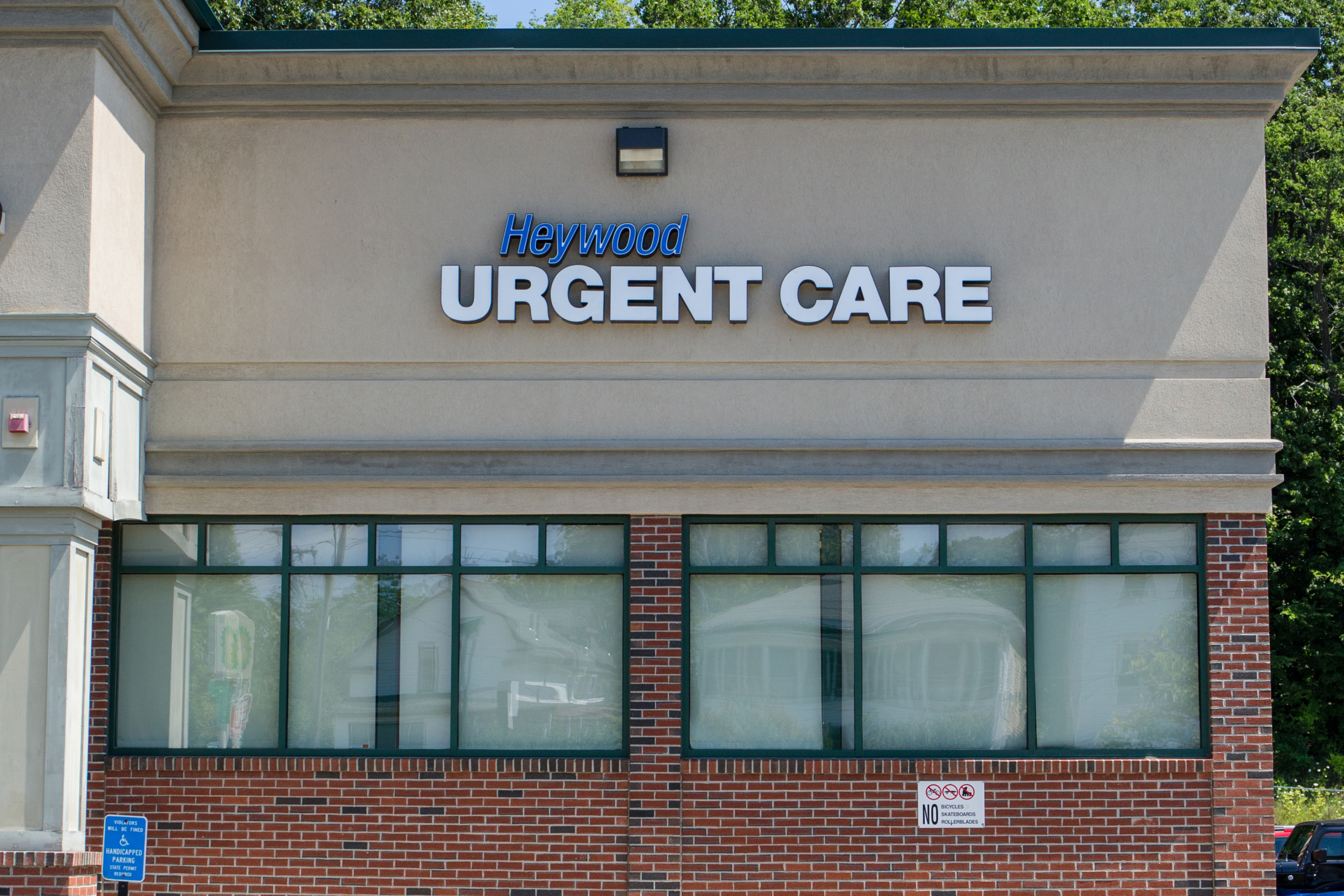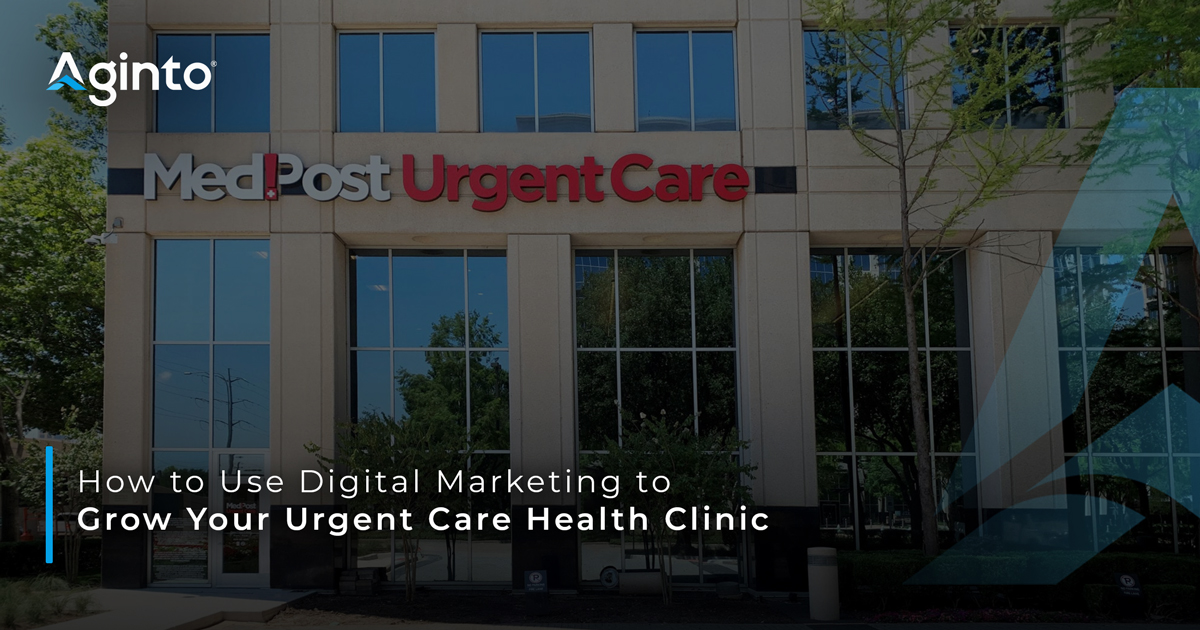Professional Guidance on Navigating Clinic Options for Urgent Care
Professional Guidance on Navigating Clinic Options for Urgent Care
Blog Article
Comprehending the Duty of Urgent Treatment in Providing Timely Therapy for Non-Life-Threatening Problems
Immediate care centers have actually arised as an essential component of the healthcare landscape, attending to the immediate demands of individuals with non-life-threatening problems. By using prompt and easily accessible clinical solutions, these facilities efficiently bridge the gap between health care and emergency situation departments. The implications of their function extend past mere benefit, triggering a better evaluation of when and exactly how these facilities are used. Comprehending the subtleties of immediate care might dramatically affect individual end results and the overall effectiveness of medical care delivery. What variables contribute to their expanding value in contemporary medicine?
What Is Urgent Care?
Urgent treatment refers to a category of clinical services created to address non-life-threatening conditions that call for immediate attention. These facilities function as an intermediary in between health care medical professionals and emergency situation rooms, providing a convenient choice for individuals who require punctual treatment without the considerable waiting times commonly connected with emergency situation departments.
Urgent treatment facilities are usually staffed by doctor, consisting of medical professionals, nurse practitioners, and physician aides, who are educated to diagnose and treat a vast variety of conditions. Typical solutions offered by these facilities include therapy for minor injuries, ailments, and infections, as well as diagnostic examinations such as X-rays and research laboratory work.
The accessibility of immediate treatment is a crucial element in its appeal, as numerous centers run beyond normal office hours, consisting of evenings and weekends. When their main treatment service provider might not be accessible, this prolonged availability permits patients to get timely treatment. Additionally, immediate care facilities often accept walk-in people, removing the need for visits. On the whole, urgent treatment plays a vital role in the healthcare system, ensuring people can access essential clinical services immediately and successfully.

Several people may find themselves unsure regarding when to look for treatment at an urgent care center instead of a health care doctor or an emergency clinic. Urgent care is designed to attend to non-life-threatening conditions that require prompt focus yet are not extreme sufficient to warrant an emergency situation area see.
Generally, one ought to take into consideration urgent treatment for issues such as minor fractures, strains, cuts needing stitches, or infections like urinary tract infections. Furthermore, chilly or influenza symptoms, rashes, and allergies can likewise be suitably managed in this setup.
It is necessary to keep in mind that urgent treatment is not suitable for deadly emergency situations, such as breast pain, trouble breathing, or severe blood loss, which necessitate immediate emergency situation space intervention.
Individuals that do not have access to a health care doctor or can not safeguard a timely visit might likewise gain from urgent care solutions. Eventually, comprehending when to make use of urgent treatment can cause more effective medical care shipment, allowing individuals to get the proper level of treatment based upon their certain health and wellness needs.
Benefits of Urgent Treatment Centers
Choosing urgent care facilities for non-life-threatening problems provides a number of advantages that boost patient experience and ease Homepage of access. One key advantage is the minimized wait times contrasted to traditional emergency situation areas. Immediate care centers normally run on a first-come, first-served basis, permitting individuals to receive prompt clinical focus without the long delays often connected with healthcare facility settings.
In addition, urgent care centers supply extensive hours, consisting of weekends and evenings, fitting patients with differing schedules. This versatility makes certain that people can look for care when it is most hassle-free for them, better advertising prompt intervention.

Furthermore, these centers commonly provide a detailed series of services, including diagnostic tests and minor treatments, all under one roof. This consolidation of services not just enhances the client experience yet likewise fosters a much more cohesive approach to handling non-life-threatening health and wellness concerns, eventually profiting overall client end results.
Typical Problems Treated
At immediate care centers, a selection of non-life-threatening conditions can be properly dealt with, giving clients with available and timely medical help. These facilities are particularly proficient at addressing issues that require timely attention yet do not posture a prompt threat to life or limb.
Common problems dealt with at urgent care centers consist of small injuries such as strains, fractures, and strains. Urgent care facilities are outfitted to execute necessary diagnostic tests, such as X-rays and lab examinations, enabling them to give thorough care.
In addition, urgent care companies can provide inoculations, helping to More Bonuses prevent the spread of transmittable conditions - Urgent Care. They additionally use services for minor treatments, such as suturing wounds or draining pipes abscesses. By providing these varied solutions, urgent treatment facilities play an important duty in bridging the gap between medical care and emergency solutions, making certain clients obtain timely treatment for a vast array of conditions without the need for long haul times normally linked with emergency spaces
Exactly How Urgent Treatment Supports Health Care System
Urgent treatment facilities play an essential role in supporting the overall healthcare system by relieving the worry on emergency situation departments and providing timely access to clinical care for non-life-threatening conditions. By handling cases such as small injuries, infections, and illnesses, immediate care centers enable emergency situation departments to focus on even more crucial clients needing prompt focus.
Additionally, urgent treatment centers boost medical care ease of access, offering prolonged hours and an extra practical alternative to conventional medical care settings. This accessibility is particularly Home Page helpful for patients who may not have a routine physician or who require instant treatment beyond common workplace hours. Therefore, immediate treatment centers effectively decrease enhance and wait times client contentment.
Additionally, immediate care facilities add to cost savings for both individuals and the healthcare system by offering lower-cost services compared to emergency divisions. This economic effectiveness is crucial in an age of increasing healthcare prices, enabling clients to receive essential treatment without incurring expensive expenses.
Conclusion
To conclude, immediate treatment centers play an important role in the health care system by delivering timely treatment for non-life-threatening conditions. By connecting the gap between key treatment and emergency clinic, these facilities guarantee that individuals obtain prompt clinical attention without the prolonged delay times normally connected with emergency departments. The availability and efficiency of immediate care facilities contribute significantly to easing the total burden on health care resources, improving client outcomes, and advertising a more effective medical care delivery system.
Immediate care centers have arised as a crucial component of the healthcare landscape, dealing with the immediate needs of patients with non-life-threatening problems. Immediate treatment gos to usually sustain lower out-of-pocket expenditures compared to emergency department check outs, making treatment extra budget-friendly for clients without endangering quality. Urgent treatment centers are outfitted to execute essential analysis tests, such as X-rays and research laboratory tests, enabling them to supply comprehensive treatment.
By offering these varied services, immediate care centers play a crucial duty in connecting the space in between main treatment and emergency situation solutions, guaranteeing people receive prompt therapy for a large array of conditions without the demand for long wait times normally associated with emergency areas.
In addition, urgent treatment centers enhance health care ease of access, using prolonged hours and a much more hassle-free option to typical primary care setups.
Report this page